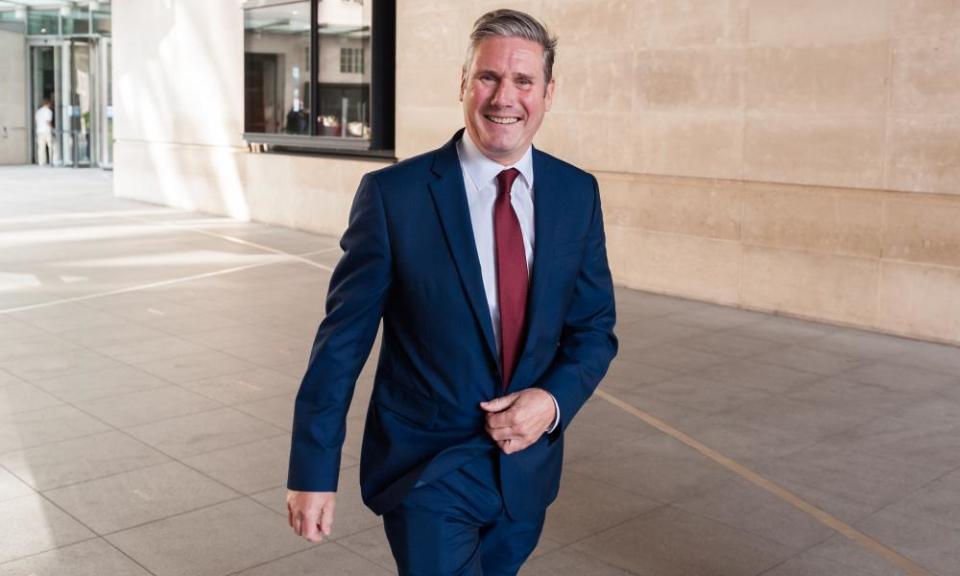Labour’s mistakes and how it can win again

Owen Jones identifies party disunity and dysfunctional leadership as two key weaknesses of the Jeremy Corbyn project (Only an honest conversation about the Corbyn era will help us learn from it, 17 September), but there are also key questions about the failure to weld the opposition into a parliamentary force in late 2019. The eventual ceding of a general election to the Tories arose from Liberal Democrat delusions and SNP opportunism. But Corbyn acquiesced on the basis that no deal had been taken off the table – something that was manifestly untrue at the time, and remains so.
Parliamentary arithmetic requires Labour to cooperate with the other opposition parties well in advance of the next election to maximise the chance of defeating the Tories. This does not mean giving up on the radical policies that retained majority support even as the Labour vote declined, but demonstrating the ability to work across party lines in formulating a post-Covid programme based on strengthening public services, protecting the environment and reducing inequality.
Dr Anthony Isaacs
London
• Owen Jones misses important factors: in 2017, Jeremy Corbyn polled 3.5m more votes than Blair’s 2005 victory. And even Blair’s votes in his landslide 1997 victory would not have beaten Johnson in 2019. It’s the distribution of votes that is important, and the rise of the SNP and the decline of the Lib Dems was a major factor. Of course, Labour’s ambiguous position on Brexit was another, particularly among working-class and northern voters. But there is little evidence that another Labour leader would have altered the electoral arithmetic or Labour’s Brexit policy. So if one of the attempted coups against Corbyn had been successful, installing a centrist leader, it is entirely possible that they would have also lost the 2019 election by a wide margin.
Ted Watson
Brighton
• Owen Jones perpetuates the trope that comfortably-off pensioners are only concerned to keep what we have. I and many friends, in our 60s and 70s, have long deplored the widening income gap and growing divisions in society, supporting a more progressive agenda. We look back at our fortunate lives and the social progress made during the postwar years, and we fear for the prospects of our offspring and their children. If we show up as socially conservative in Labour’s data, someone is asking the wrong questions.
Roger Harvey
Hemel Hempstead, Hertfordshire
• Owen Jones is right that Europe was a difficult issue. This was because Jeremy Corbyn failed to see the value of the European project as a socially progressive mission. Sadly, this is not untypical of Labour. It never tried hard enough to persuade the public that the EU was a success in which Labour should be an enthusiastic partner.
Dr Monica Threlfall
Global Policy Institute, London
• You anchor Labour to a corrosive and increasingly irrelevant history (Labour conference: five key issues for Keir Starmer’s party, 19 September). These are not the issues that will define our future wellbeing. The Labour conference should set the agenda to free us from a failed past. The key issues are central and local government relations; social, economic and political reconstruction; and securing our future with resilience and protection measures. Who cares what “Starmerism” is? This is not a presidential system.
Saville Kushner
Liverpool
• Join the conversation – email guardian.letters@theguardian.com
• Read more Guardian letters – click here to visit theguardian.com/letters

